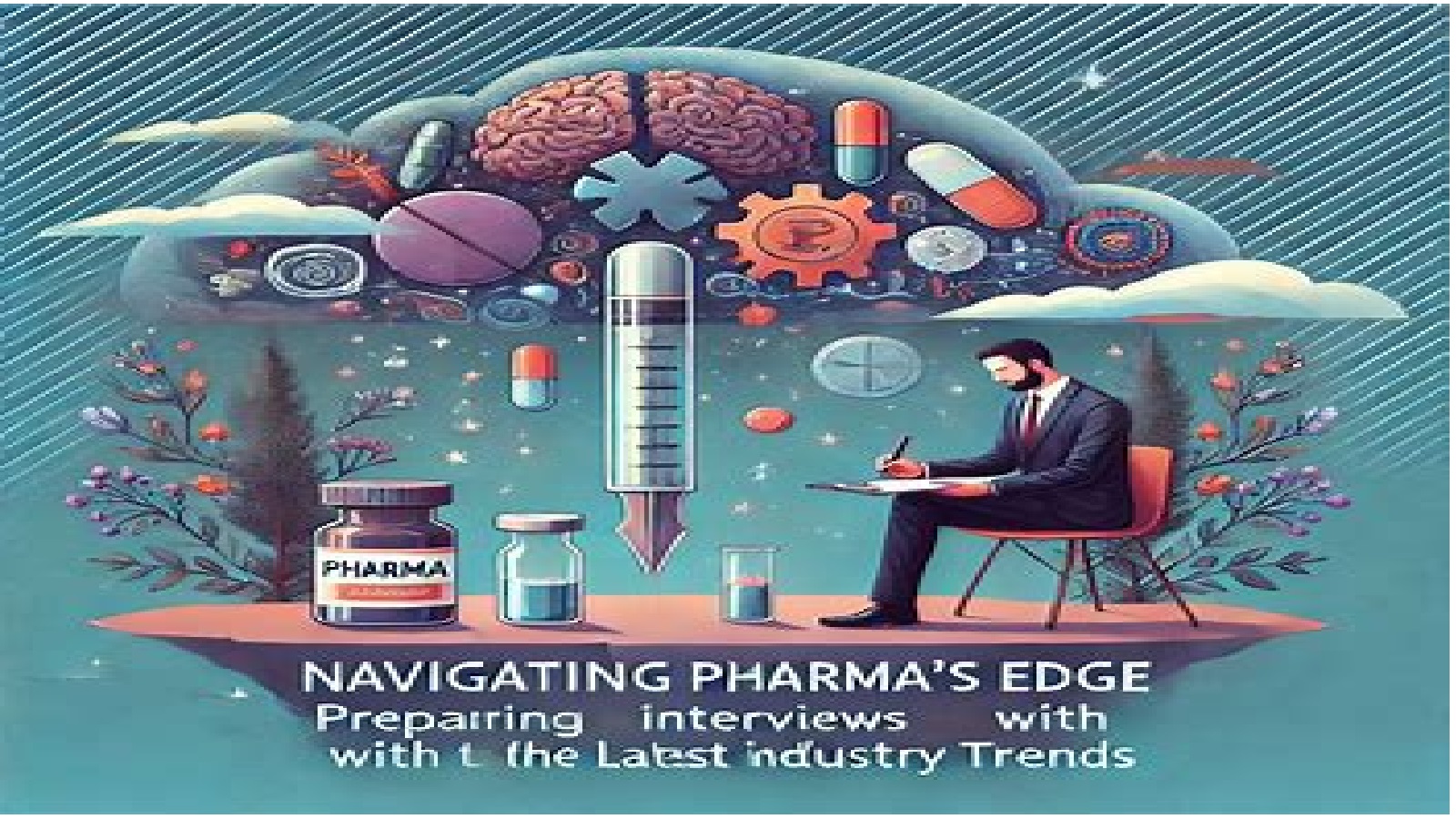The pharmaceutical industry, particularly the Active Pharmaceutical Ingredient (API) sector, demands specialized knowledge and practical experience. Preparing for an API interview can be daunting, but following best practices can help you approach the process with confidence and demonstrate your expertise effectively. This article provides a structured approach to mastering API interview questions, with tips categorized under specific headings and subheadings.
1. Understand the Basics of APIs
1.1. What Are APIs?
Active Pharmaceutical Ingredients are the biologically active components in a drug product. Be ready to explain the definition, significance, and examples of APIs.
1.2. Importance of APIs in Pharmaceuticals
Discuss the role of APIs in determining drug efficacy, safety, and quality. Be prepared to relate this to real-world scenarios, such as the importance of API purity in patient outcomes.
2. Research the Company and Its API Portfolio
2.1. Know the Company’s Products
Before the interview, research the company’s API offerings and manufacturing capabilities. This allows you to tailor your answers to their specific needs and operations.
2.2. Familiarize Yourself with Their Technologies
Companies often use proprietary methods or specialized technologies. If the company employs specific synthesis methods or manufacturing techniques, mention your knowledge and experience with those technologies.
3. Master API Manufacturing Processes
3.1. API Synthesis
Understand the principles of chemical and biological synthesis methods. Be prepared to discuss various reaction mechanisms, catalysts, and intermediate compounds used in API production.
3.2. Purification Techniques
Be ready to explain methods such as crystallization, distillation, and chromatography. Highlight any experience you have in handling equipment or optimizing these processes.
3.3. Regulatory Compliance
Demonstrate your knowledge of Good Manufacturing Practices (GMP), ICH guidelines, and regulatory requirements for API production.
4. Highlight Your Analytical Skills
4.1. API Quality Control
Quality control is critical in API manufacturing. Be prepared to answer questions about techniques like High-Performance Liquid Chromatography (HPLC), Gas Chromatography (GC), and Spectroscopy (UV, IR, NMR).
4.2. Troubleshooting and Problem-Solving
Interviewers often ask about challenges you’ve faced during analysis or production. Use the STAR (Situation, Task, Action, Result) method to describe how you resolved specific issues.
5. Emphasize Knowledge of Regulatory and Documentation Requirements
5.1. FDA and Other Regulatory Bodies
Understand the regulatory expectations for APIs, such as the US FDA, EMA, and local authorities. Be prepared to discuss how you have implemented these standards in your previous roles.
5.2. Documentation Practices
Highlight your experience in preparing documents like DMFs (Drug Master Files), validation reports, and batch records. Showcase your attention to detail and adherence to compliance.
6. Showcase Soft Skills and Team Collaboration
6.1. Communication
API development involves cross-functional teams. Demonstrate your ability to communicate effectively with chemists, analysts, and regulatory professionals.
6.2. Teamwork and Leadership
If you’ve led projects or teams, share examples that highlight your leadership, collaboration, and conflict-resolution skills.
7. Prepare for Behavioral and Scenario-Based Questions
7.1. Common Behavioral Questions
Expect questions like:
- “Describe a time when you optimized an API process.”
- “How do you handle tight deadlines in API manufacturing?”
7.2. Problem-Solving Scenarios
Be ready for questions such as:
- “How would you improve the yield of an API while maintaining purity?”
- “What steps would you take to troubleshoot a batch failure?”
Use specific examples to showcase your problem-solving abilities.
8. Stay Updated on Industry Trends
8.1. Innovations in API Manufacturing
Show your awareness of new technologies, such as continuous manufacturing or green chemistry, and discuss their implications for the industry.
8.2. Current Challenges
Discuss topics like API shortages, supply chain disruptions, or regulatory changes, and how they impact manufacturing and distribution.
9. Practice Technical Questions
9.1. Sample Questions
- What is the difference between a primary and secondary API?
- How do you calculate the theoretical yield of an API synthesis reaction?
- What factors affect the stability of APIs?
9.2. Mock Interviews
Practice with peers or mentors to refine your responses and gain confidence in answering technical queries.
10. Conclude with a Positive Impression
10.1. Ask Intelligent Questions
Prepare thoughtful questions about the company’s API pipeline, upcoming projects, or challenges they face in API development.
10.2. Summarize Your Fit for the Role
Reiterate your skills, experience, and enthusiasm for contributing to the company’s success in API manufacturing.
Conclusion
API interviews require a combination of technical expertise, industry knowledge, and effective communication. By following these best practices and preparing thoroughly, you can confidently navigate API interview questions and demonstrate your value as a skilled professional in the pharmaceutical industry.
For more articles, Kindly Click here.
For pharmaceutical jobs, follow us on LinkedIn
For Editable SOPs in Word format contact us on info@pharmaceuticalcarrier.com
For more information kindly follow us on www.pharmaguidelines.co.uk
Dr. Gite, a Ph.D. graduate from the Elite Institute of Chemical Technology, Mumbai, and a Master’s in Pharmaceutics from UDCT, Aurangabad, is a renowned pharmaceutical scientist. With expertise in oral protein and peptide drug delivery, nanotechnology, NDDS, and complex injectables, Dr. Gite has a proven track record in advancing innovative drug delivery systems.
Specializing in biosimilars, biologics, and ocular drug delivery, Dr. Gite is also well-versed in DoE, QbD, regulatory affairs, and technology transfer. Driven by a passion for innovation, Dr. Gite is dedicated to shaping the future of pharmaceutical research and healthcare.





